Sri Lanka crisis: Rajapaksa finally hands in resignation, protesters retreat
The resignation of Gotabaya Rajapaksa, the fugitive president of crisis-hit Sri Lanka, was accepted by the country's parliament on Friday, days after he fled the island amid mass protests over an unprecedented economic crisis.
Mahinda Yapa Abeywardana, the speaker of Sri Lanka's parliament, told reporters on Friday that he had accepted Rajapaksa's resignation, which he received late on Thursday, virtually ending the two-decade political domination of the Rajapaksa family.
He called for parliament to convene on Saturday to start the process of electing a new leader to replace Rajapaksa. The process can take up to one month.
Prime Minister Ranil Wickremesinghe has been sworn in as the acting president. Under Sri Lanka's constitution, Wickremesinghe -- whose departure is also being demanded by protesters -- will serve as the acting president until parliament chooses Rajapaksa's successor for the rest of his term.
According to reports, quoting sources, the resignation letter was emailed after Rajapaksa landed in Singapore from the Maldives.
The embattled Sri Lankan leader arrived in Singapore earlier on Thursday after first flying to the Maldives on Tuesday night. He is reportedly accompanied by his wife and two bodyguards.
Singapore said the fugitive president had been allowed to enter the country on a "private visit" but had not asked for or been granted asylum.
"It is confirmed that Mr. Rajapaksa has been allowed entry into Singapore on a private visit. He has not asked for asylum and neither has he been granted any asylum. Singapore generally does not grant requests for asylum," read the Singapore foreign ministry statement.
Rajapaksa's resignation came as protesters retreated from public buildings they had stormed a few days ago and vowed to continue pressuring the authorities.
Prime Minister Wickremesinghe, whose residence and office were stormed by protesters earlier this week, is also facing calls for resignation.
“We want Ranil to go home,” Malik Perera, a 29-year-old rickshaw driver who took part in the parliament protests, was quoted as saying on Thursday. “They have sold the country. We want a good person to take over. Until then, we won’t stop.”
United Nations Secretary-General António Guterres on Thursday said he was following the events in Sri Lanka "very closely" and called for a "peaceful and democratic transition."
"It is important that the root causes of the conflict and protesters' grievances are addressed," he wrote on Twitter. "I urge all party leaders to embrace the spirit of compromise for a peaceful and democratic transition."
The island of 22 million people is struggling with its worst economic crisis since independence in 1948 amid a severe foreign exchange shortage that has limited essential imports of fuel, food, and medicine.
Soaring inflation, at a record 54.6 percent in June and expected to hit 70 percent in the coming months, has heaped hardship on the population.
Meanwhile, protesters have also retreated from the streets, while vowing to continue the "struggle".
"We are peacefully withdrawing from the presidential palace, the presidential secretariat, and the prime minister's office with immediate effect, but will continue our struggle," said a spokeswoman for the protesters.
At least one person died and 84 others were injured on Wednesday, which saw some of the biggest demonstrations since the protests first began in April.
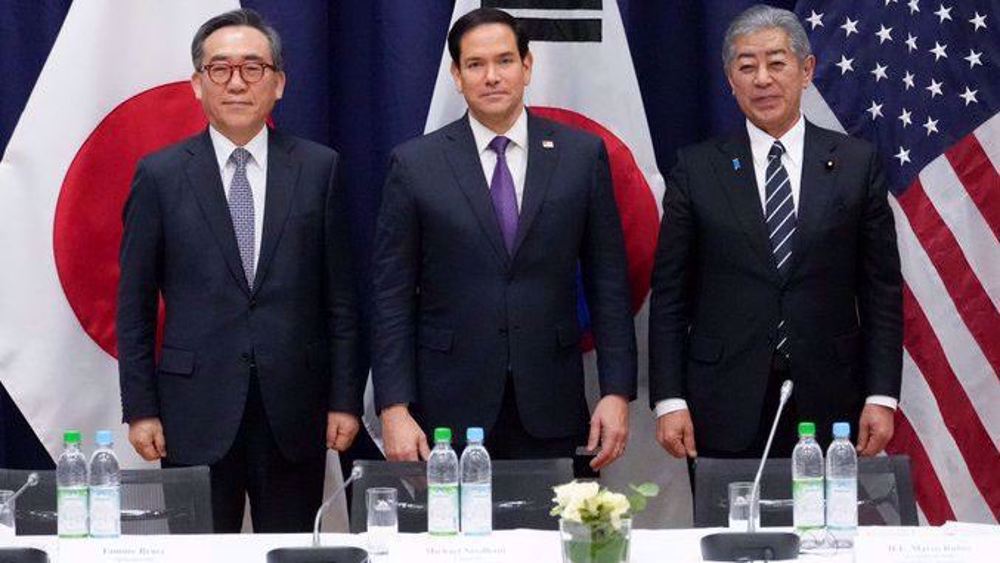
US, Japan, S Korea renew calls for ‘complete denuclearisation’ of North Korea
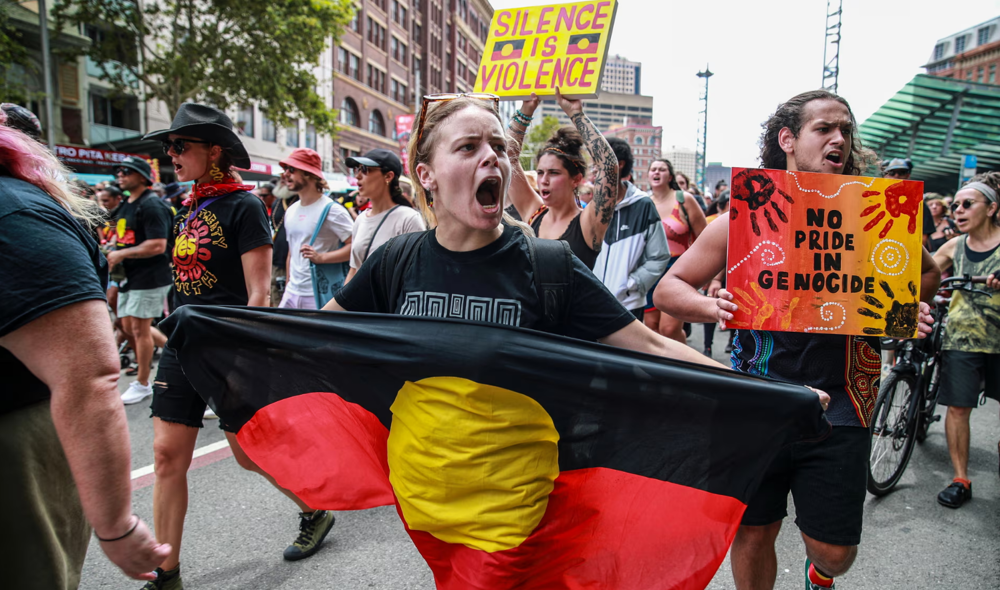
Indigenous rights activists rally on Australia Day to protest British colonization legacy
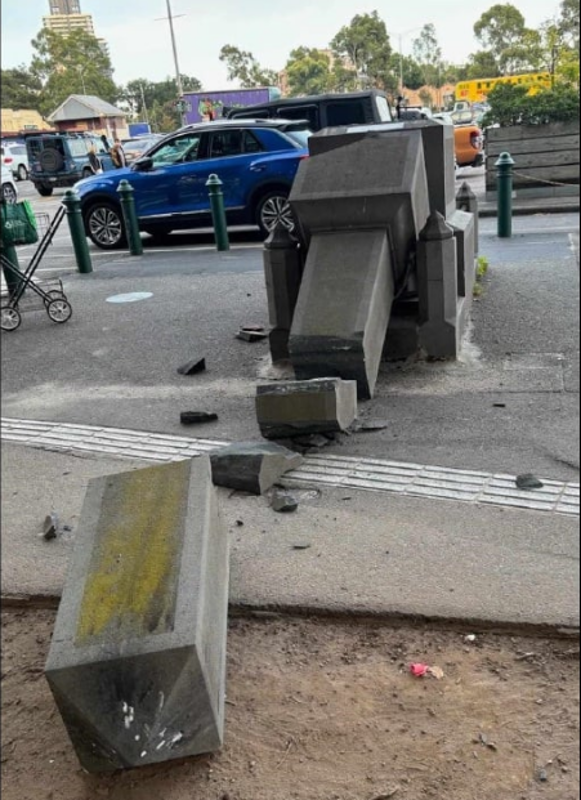
Colonialist’s monument toppled in Melbourne ahead of Australia Day
Trump seeks sweeping cuts to State Department: Report
VIDEO | Iran, Pakistan strengthen media cooperation to foster cultural ties
VIDEO | BRICS workshop in Tehran strengthens innovation, cooperation
Iran condemns deadly bombing in Pakistan, stresses regional unity to fight terror
Jordanians rally en masse to censure Trump's Gaza takeover plan
VIDEO | Press TV's news headlines
Iraq asserts commitment to security agreement with Iran
VIDEO | 'Crushing calamity’: Israeli forces tighten West Bank restrictions, torch homes in Tulkarm


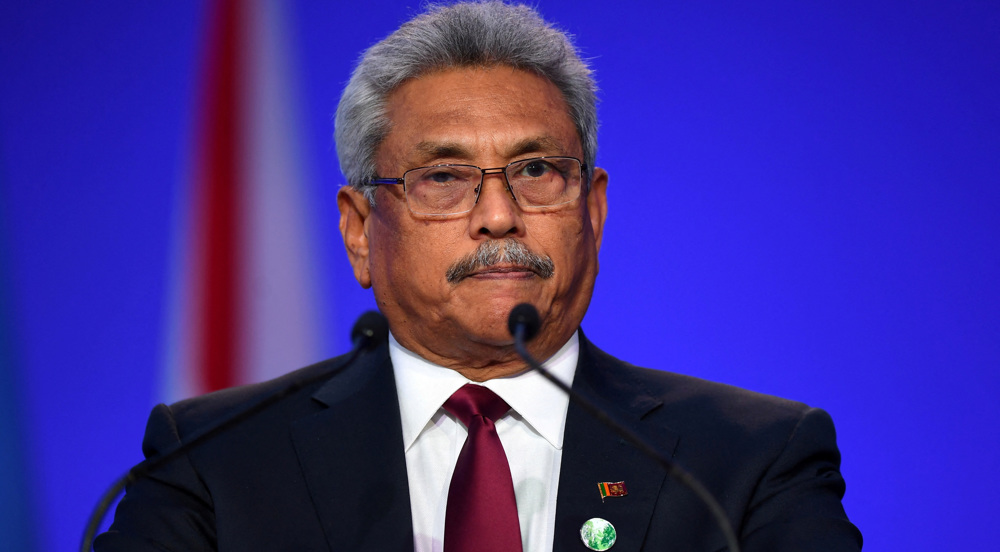



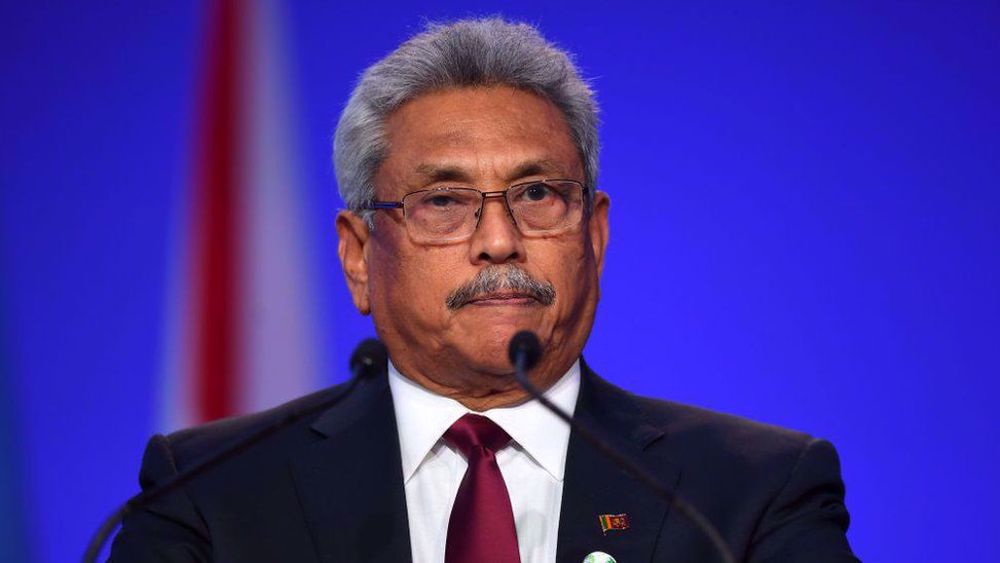
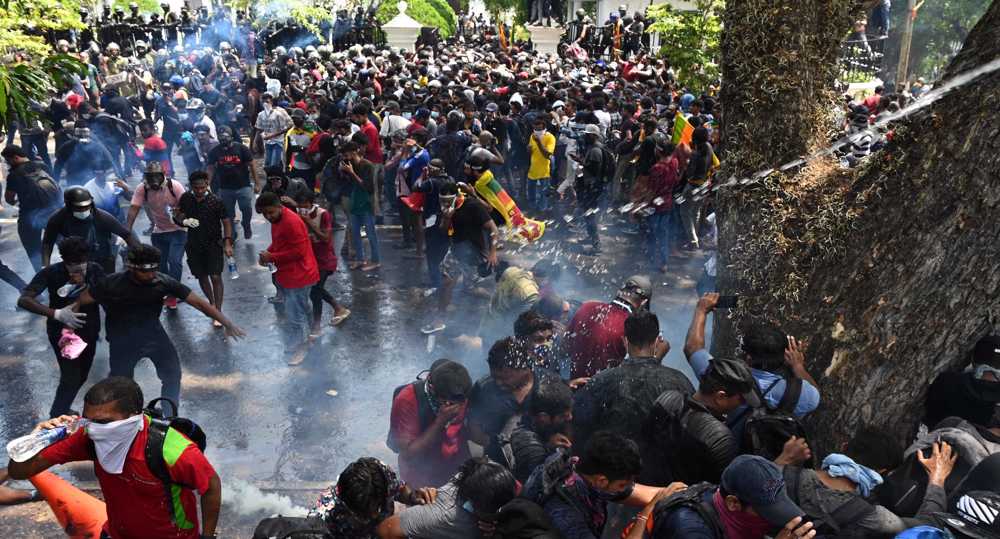
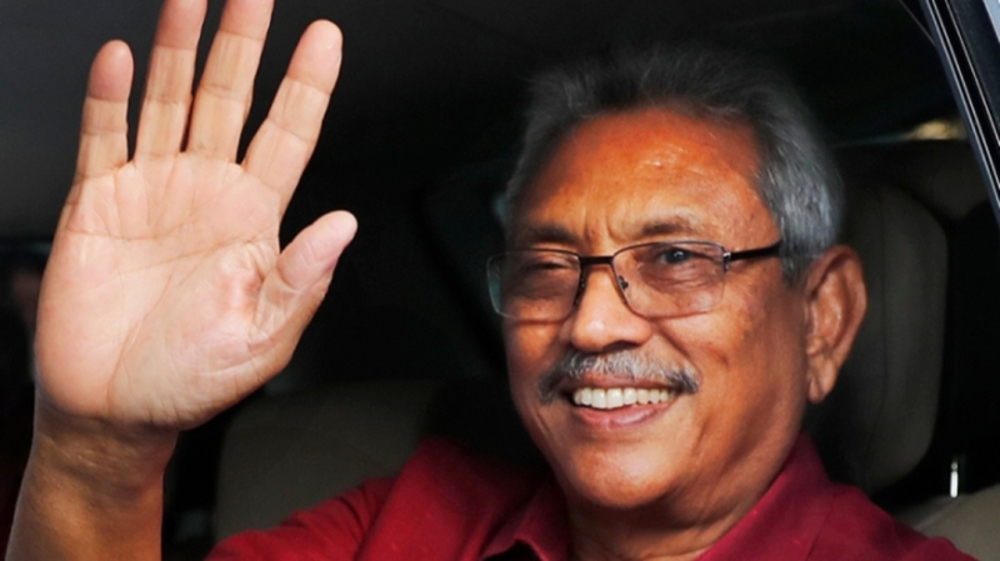
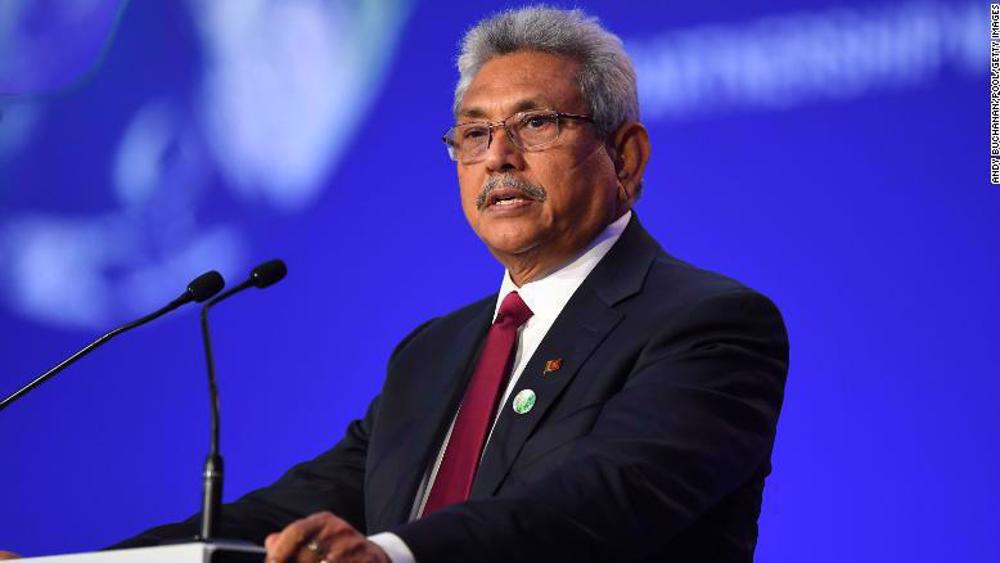

 This makes it easy to access the Press TV website
This makes it easy to access the Press TV website